
DHA’s new MEDLOG IT PMO supports MHS logistics
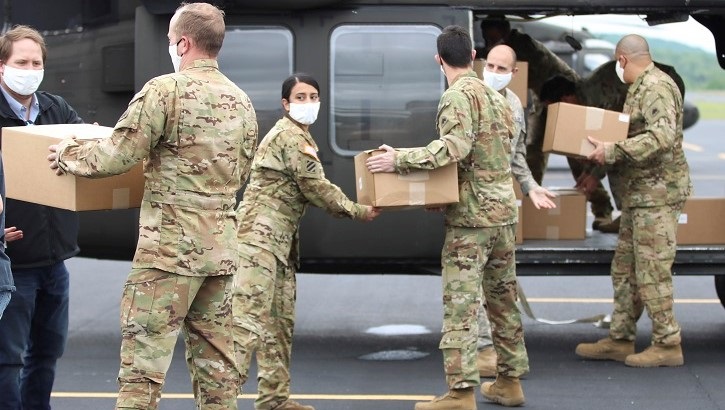
D.C. National Guard soldiers load boxes of medical face masks onto a UH-60 Black Hawk helicopter during an aeromedical support mission in Asheboro, N.C., April 25. (Photo by Army Staff Sgt. Andrew Enriquez, released)
The Defense Health Agency Solution Delivery Division (SDD) established the Medical Logistics Information Technology (MEDLOG IT) Program Management Office (PMO) on April 1, aligning the SDD MEDLOG IT portfolio directly to the Program Executive Office (PEO)-SDD.
“Standing up the MEDLOG IT PMO continues our move towards a capabilities-based mission and helps streamline reporting and management to PEO-SDD,” said Army Col. Francisco Dominicci, SDD chief.
The MEDLOG IT PMO is a major Acquisition Category IAC (ACAT IAC) Defense Medical Logistics-Enterprise Solution (DML-ES) program. The PMO develops and sustains IT systems that support Military Health System medical logistics and acquisition. MEDLOG IT systems serve more than 24,000 users and process more than 940,000 daily supply requisitions with annual supply requisitions valued at $4.5 billion.
During the COVID-19 pandemic, the MEDLOG IT PMO provided essential medical logistics IT and supply chain support across the MHS and Department of Defense. Using precise, “live” data pulls from their IT supply and ordering systems, the PMO kept high level DoD, Service, combatant commands and DHA leaders informed about MHS personal protective equipment, critical equipment inventories and other medical logistics issues. They also enabled medical prime vendor support to deployed medical units providing Defense support to civil authorities.
Also known as the Joint Medical Logistics Functional Development Center (JMLFDC), the MEDLOG IT PMO was formally part of the SDD Clinical Support PMO. Dominicci said creating a separate PMO that directly reports to the PEO-SDD simplifies the organization’s operational management, facilitating greater efficiencies and improved responsiveness for SDD customers.
JMLFDC was created in 1993 to support the Defense Medical Logistics Standard Support (DMLSS) program by creating an automated information system to enable the joint business processes of DoD medical logistics; and, identifying and implementing business process improvements for the DML-ES.
“For more than 25 years, JMLFDC has embodied a capability-based, readiness-oriented and customer-focused approach to delivering integrated MEDLOG functionality that spans and enables the Military Health System continuum of care,” Rauch said. “Through all of that activity to the ongoing technical refresh of DMLSS, JMLFDC has delivered capability that supports the environment of care and enables delivery of health care from forward deployed locations to the busiest continental United States-based military treatment facilities.”
JMLFDC brought together the medical logistics and IT experts needed to develop and sustain the DMLSS application, Rauch said. The center has worked with the DML-ES since 1993 and has transitioned more than 15 disparate legacy medical logistics IT applications into a single ACAT IAC program managed by a single program office.
Tackling mosquitos to protect the force
Article
6/23/2020
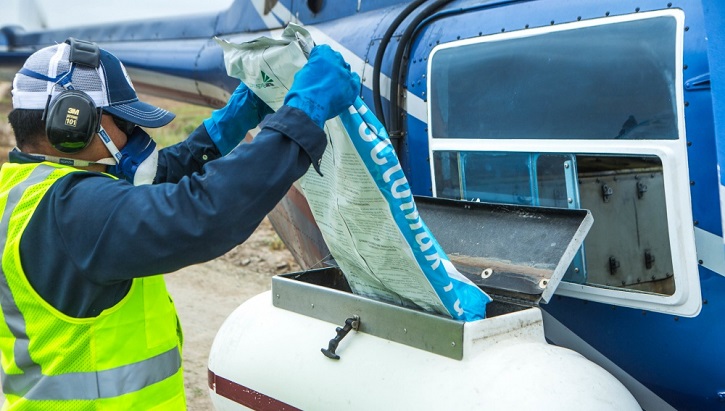
Mosquitoes transmit a host of woes but not COVID-19
Individual Longitudinal Exposure Record (ILER)
Fact Sheet
6/23/2020
ILER Fact Sheet
Understanding the potential of COVID-19 convalescent plasma
Article
6/19/2020
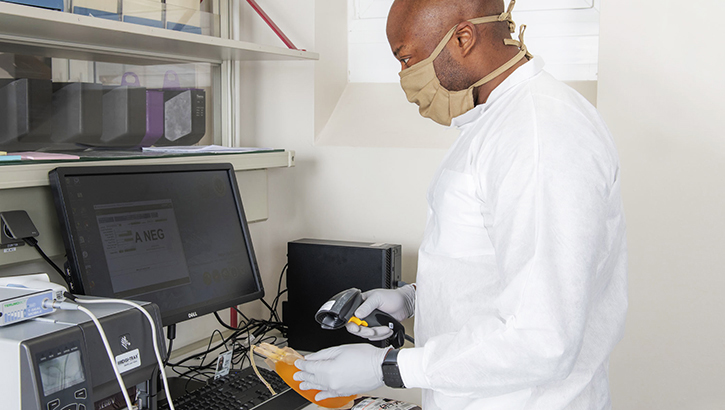
Researchers are harnessing the power of antibodies in COVID-19 convalescent plasma.
DoD COVID-19 Practice Management Guide Version 4
Technical Document
6/18/2020
This Practice Management Guide does not supersede DoD Policy. It is based upon the best information available at the time of publication. It is designed to provide information and assist decision making. It is not intended to define a standard of care and should not be construed as one. Neither should it be interpreted as prescribing an exclusive course of management. It was developed by experts in this field. Variations in practice will inevitably and appropriately occur when clinicians take into account the needs of individual patients, available resources, and limitations unique to an institution or type of practice. Every healthcare professional making use of this guideline is responsible for evaluating the appropriateness of applying it in the setting of any particular clinical situation. The Practice Management Guide is not intended to represent TRICARE policy. Further, inclusion of recommendations for specific testing and/or therapeutic interventions within this guide does not guarantee coverage of civilian sector care. Additional information on current TRICARE benefits may be found at www.tricare.mil or by contacting your regional TRICARE Managed Care Support Contractor.
Public Health Emergency Officers balance risk and mission during crisis
Article
6/17/2020
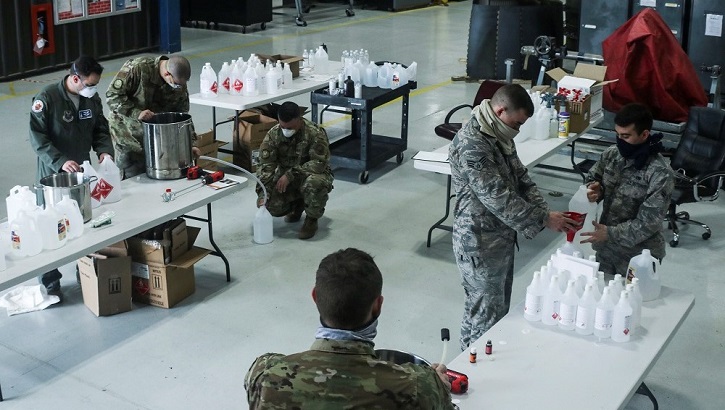
PHEOs are military treatment facility staff who are designated to serve as a resource to help guide installation commanders during a large scale public health incident.
Teleteaching during the pandemic? USU center seeks educators' stories
Article
6/16/2020
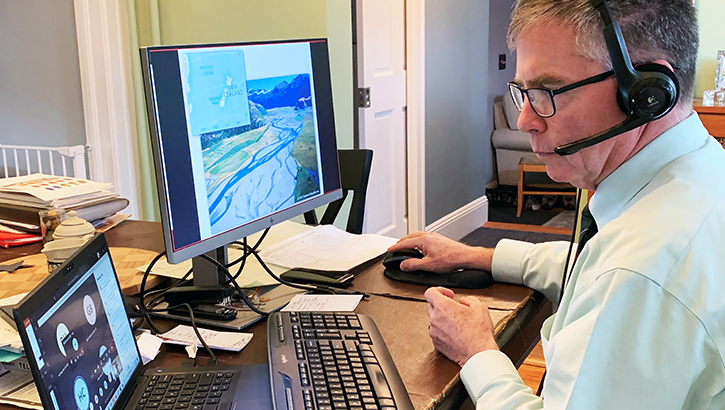
Educators faced juggling act on front lines, home front
DOD's Health Care Chief Discusses Pivot to Counter COVID-19
Article
6/16/2020
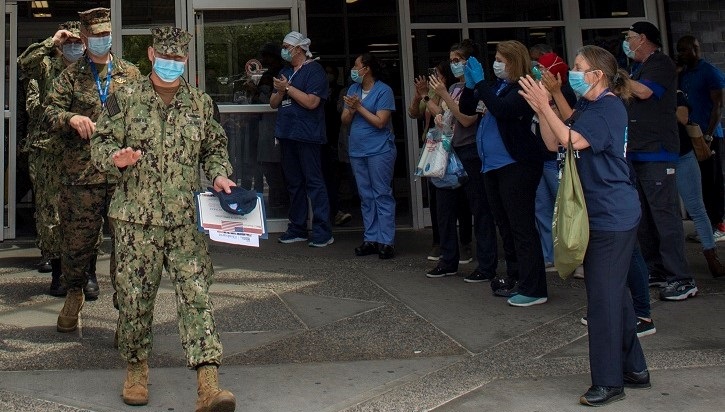
"[O]ur uniform leaders and our civilians are very, very good at adapting to change..."
Secretary of the Army recognizes BACH and 531st COVID-19 support
Article
6/15/2020
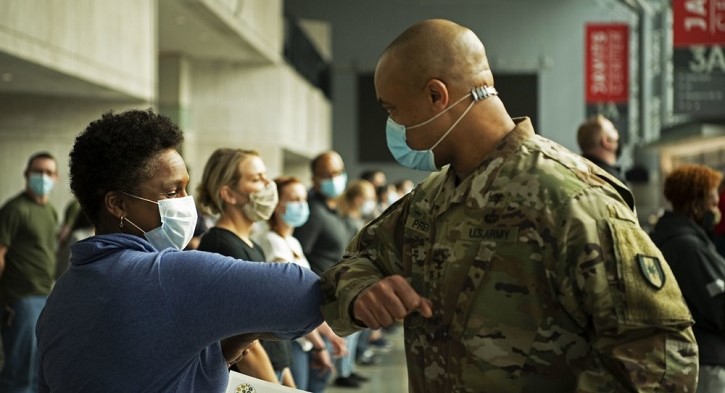
McCarthy took time to recognize several Soldiers and a Department of the Army Civilian for their efforts in the Army’s COVID-19 response.
Naval Medical Research Center Supports Marine Recruits During Pandemic
Article
6/15/2020

The primary focus of the research...is to maintain maximum health while meeting graduation standards and requirements for recruits during the pandemic.
METC celebrates 10 years training enlisted medical force
Article
6/15/2020
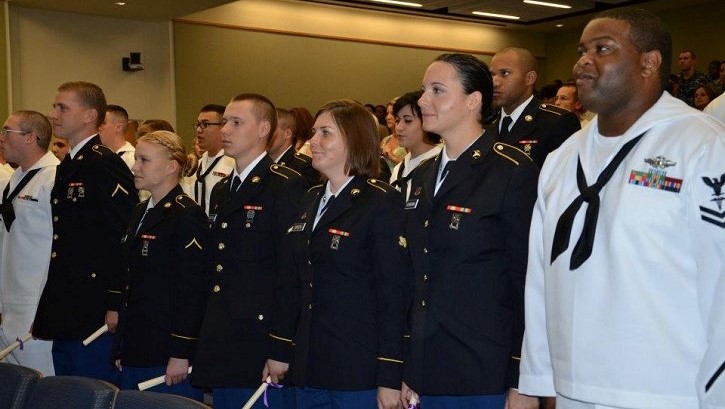
When the Department of Defense’s 2005 Base Realignment and Closure (BRAC) Commission directed nearly all enlisted medical training be collocated at Fort Sam Houston, Texas, it may have unknowingly changed the landscape of enlisted medical training for the foreseeable future. In addition to collocating, the BRAC legislation also called for training to be consolidated where possible, meaning two or more services would share curriculum and classrooms.
MHS Beneficiaries Turn to Online Resources to Manage Personal Care During Pandemic
Article
6/12/2020
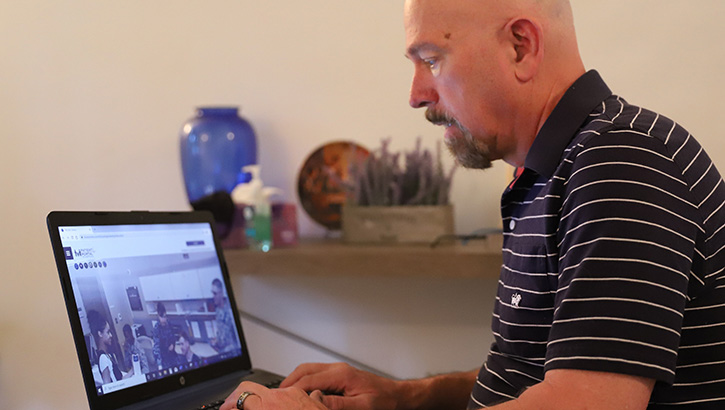
The TOL PP team added several COVID-19-related enhancements to the portal.
Air Force International Health Specialists bring experience to pandemic response
Article
6/12/2020
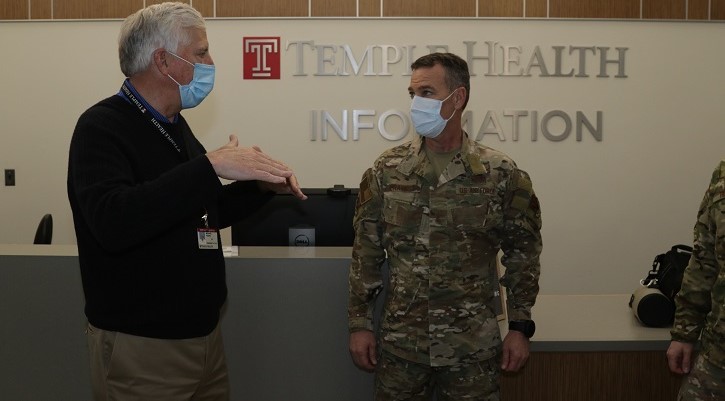
Stepping out of your comfort zone and being part of the larger DOD mission is crucial to grow as a military medic.
DHA AI 3020.01: Return to the Workplace Staffing Plan in the Coronavirus Disease 2019 (COVID-19) Environment
Policy
This Defense Health Agency-Administrative Instruction (DHA-AI), establishes the Defense Health Agency’s (DHA) plan to return to full operations and support the whole-of-government response, during the Coronavirus Disease 2019 (COVID-19) pandemic and in preparation for regression or resurgence in COVID-19 cases that could impact the workforce.
- Identification #: DHA AI 3020.01
- Date: 6/12/2020
- Type: Administrative Instructions
- Topics: Coronavirus
Time to Telework. How is it Working?
Article
6/11/2020

Whether young or old, a first-timer or seasoned teleworker, the experience has been insightful for all.
Coming together during a pandemic to provide life-giving blood.
Article
6/11/2020
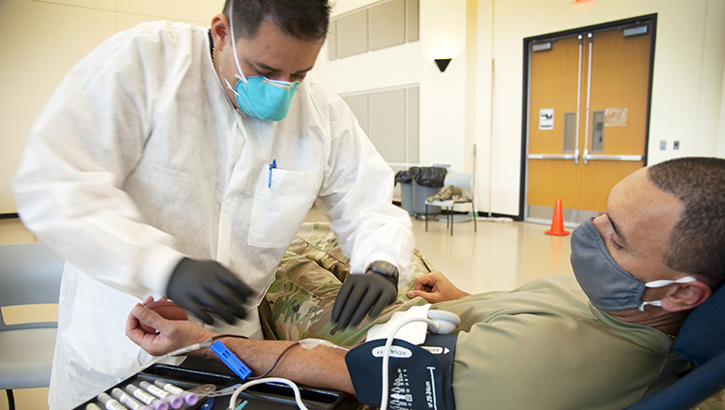
Service members step up as blood drives adapt to COVID-19 guidelines





















.png)












No hay comentarios:
Publicar un comentario